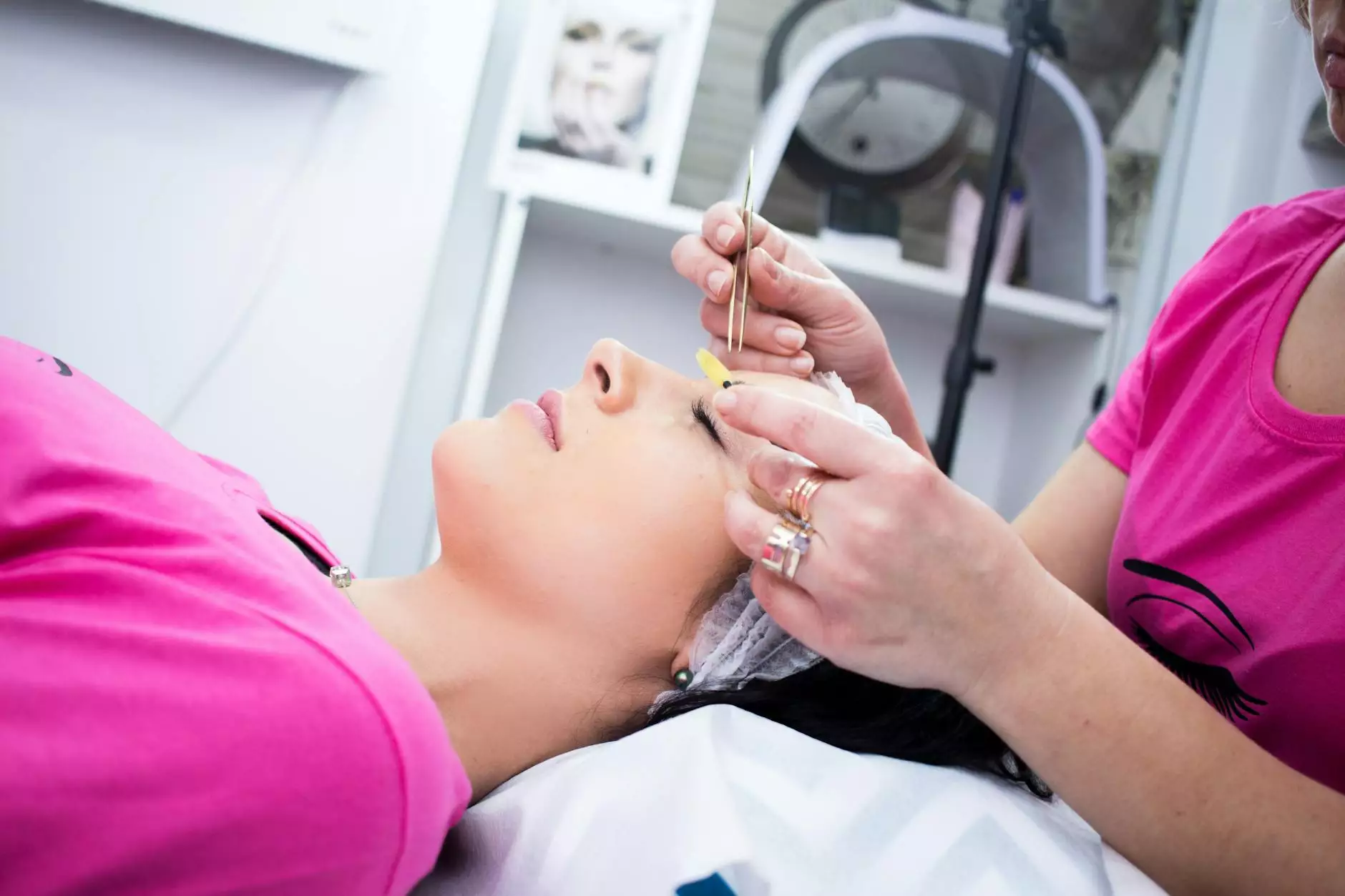Understanding Over Rotated Shoulder: A Comprehensive Guide

What is an Over Rotated Shoulder?
An over rotated shoulder refers to a condition where one or both shoulders are rotated excessively out of their neutral alignment. This can lead to discomfort and may hinder daily activities. Understanding the mechanics of shoulder rotation is crucial for diagnosing and treating this condition.
Causes of Over Rotated Shoulder
There are several factors that can contribute to the development of an over rotated shoulder:
- Muscle Imbalances: Weakness in specific muscle groups surrounding the shoulder can cause others to overcompensate, resulting in an over rotated position.
- Poor Posture: Habitual poor posture, especially from prolonged computer or smartphone use, can lead to shoulder over-rotation.
- Injuries: Past injuries to the shoulder or upper back may leave a residual effect that alters shoulder mechanics.
- Overuse: Repetitive activities, such as sports or labor-intensive jobs, can strain shoulder muscles and lead to over-rotation.
Symptoms of Over Rotated Shoulder
Identifying the symptoms of an over rotated shoulder is essential for timely intervention. Common symptoms include:
- Pain: Discomfort in the shoulder area, particularly during movement.
- Stiffness: Limited range of motion when trying to lift or rotate the arm.
- Muscle Weakness: A feeling of weakness in the shoulder, making it hard to perform lifting activities.
- Postural Changes: Notable changes in posture, like rounding of the shoulders, which may become noticeable to others.
Diagnosis of Over Rotated Shoulder
To diagnose an over rotated shoulder, healthcare professionals will typically conduct a thorough evaluation that may include:
- Physical Examination: Assessing range of motion, strength, and areas of tenderness.
- Imaging Tests: X-rays or MRIs may be recommended to rule out structural abnormalities or injuries.
- Postural Assessment: Evaluating the patient’s posture to identify deviations that may indicate over-rotation.
Treatment Options for Over Rotated Shoulder
Effective treatment for an over rotated shoulder often requires a multidisciplinary approach. Here are some common treatment methods:
1. Chiropractic Care
Chiropractors focus on correcting spinal and joint misalignments to alleviate pain and restore function. They may utilize:
- Spinal Adjustments: Manual adjustments to relieve pressure on nerves and improve mobility.
- Soft Tissue Therapy: Techniques like massage and stretching to improve muscle balance and flexibility.
2. Physical Therapy
Physical therapists play a key role in treating over rotated shoulders through:
- Strengthening Exercises: Focused exercises that target weak muscles to restore balance.
- Stretching Routines: Gentle stretches to improve flexibility and alleviate stiffness.
- Posture Training: Guidance on maintaining proper posture during daily activities.
3. Lifestyle Modifications
Incorporating lifestyle changes can significantly enhance recovery:
- Ergonomic Adjustments: Modifying workspaces to promote better posture and lessen strain.
- Regular Exercise: Engaging in low-impact activities that strengthen the shoulder girdle.
- Education: Learning proper mechanics for lifting, reaching, and other daily tasks.
4. Alternative Therapies
Many individuals find relief through alternative therapies which may include:
- Acupuncture: Inserting needles at specific points to relieve pain and promote healing.
- Yoga and Pilates: Practices designed to enhance flexibility, strength, and relaxation.
Preventing Over Rotated Shoulder
Preventing an over rotated shoulder is ideally achieved through:
- Regular Exercise: Committing to a balanced exercise routine that includes both strength training and flexibility work.
- Awareness of Posture: Staying conscious of posture while sitting, standing, or engaging in physical activities.
- Ergonomic Awareness: Setting up workspaces that minimize stress on the shoulders and neck.
When to Seek Professional Help
If you experience persistent pain, decreased range of motion, or any other symptoms associated with an over rotated shoulder, it is crucial to seek professional help. Early intervention can lead to better outcomes and prevent further complications.
Conclusion
Understanding the implications of an over rotated shoulder is essential for not only identifying the condition but also embracing the various treatment pathways available. From chiropractic adjustments to physical therapy and lifestyle modifications, multiple avenues can help restore shoulder function and alleviate pain. Remember, proactive measures in prevention and early treatment are key to maintaining healthy shoulders.
For more information on chiropractic care and physical therapy, visit iaom-us.com.



